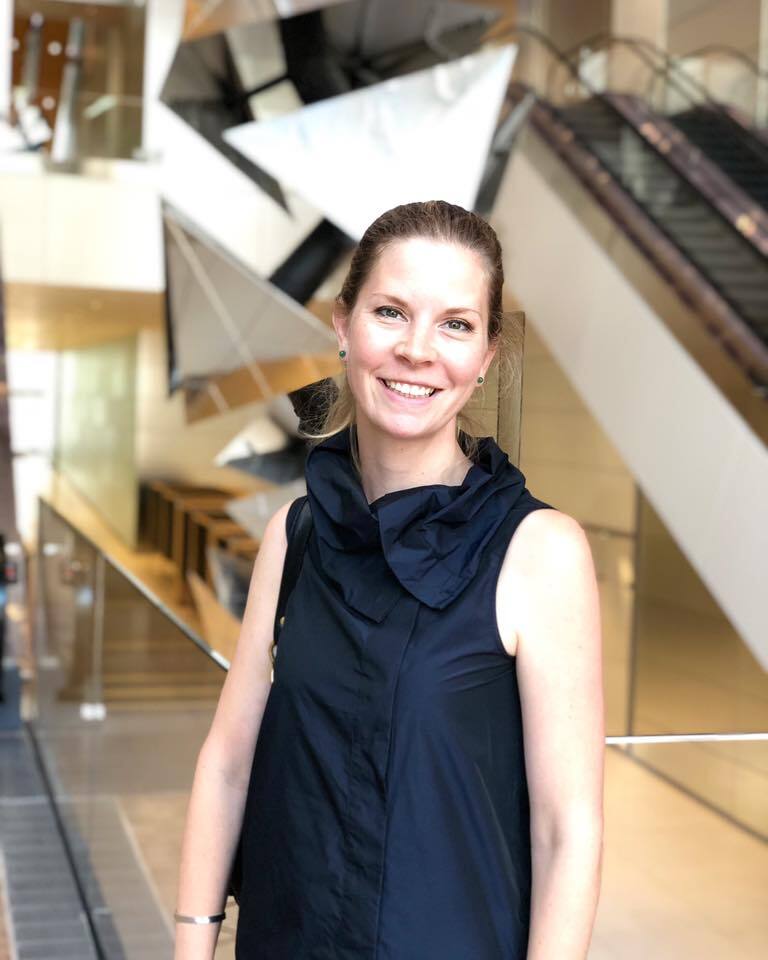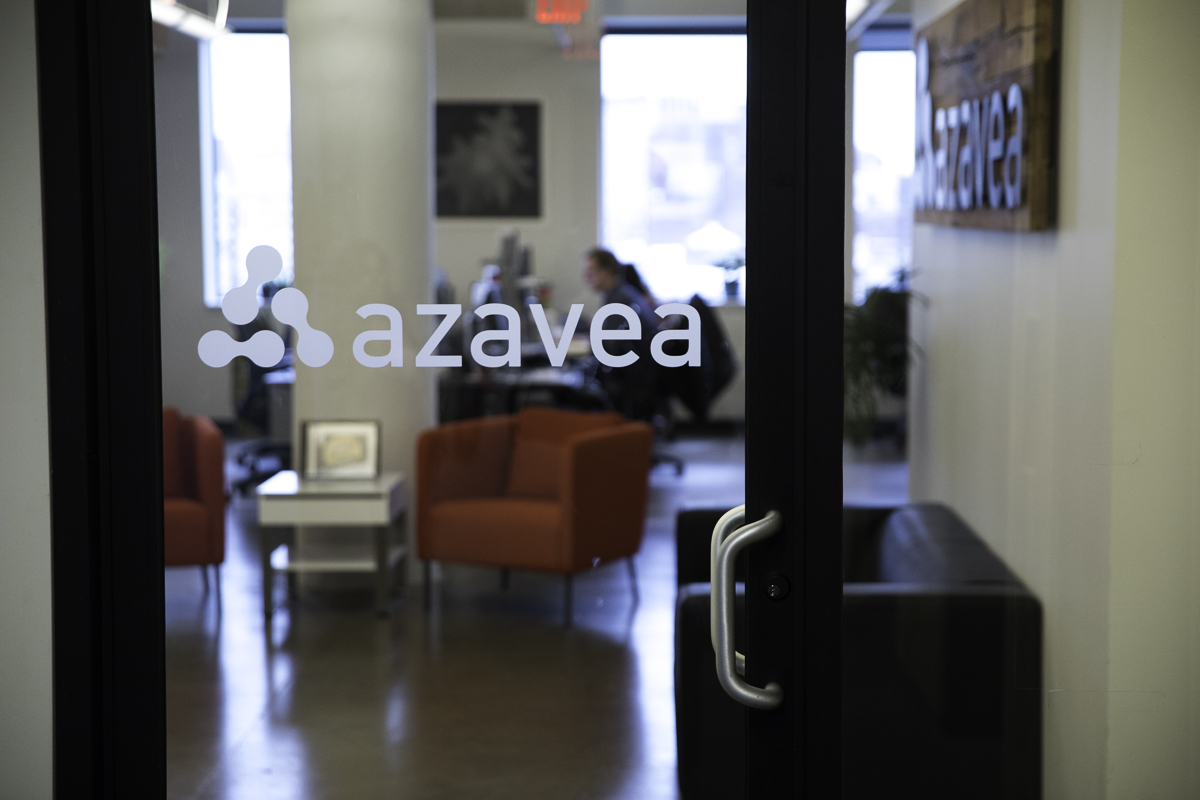We’re not talking about the bigwigs like oil giants — we mean your company. Even if it’s only made up of a few people, you all collectively contribute to what’s happening to your planet.
As Technical.ly reporter Michaela Althouse put in this fall: “As an industry bogged down with energy-glugging data centers, electricity-churning Bitcoin operations and everything Amazon does, tech has a bit of a complicated relationship with the environment.”
The short answer to the carbon problem — or any sustainable initiative — is that everything your company does contributes to a carbon footprint. That includes sending emails, buying lunch for colleagues, taking company trips and even reading this article. Even if your business runs on 100% renewable energy, you’re still caught up in the emissions it takes for employees to commute or bananas to get stocked in the kitchen.
What to do about it? These Philly employers are making an effort to be more eco friendly:
Carbon footprint calculator
One place to start: actually tracking your company’s carbon output.
The World Affairs Council of Philadelphia (WAC), focused on connecting Philadelphia to international experiences and ideas, has been traveling around the world for 45 years. President and CEO Lauren Swartz told Technical.ly the Council’s customers seem to care about their travel having as small of a carbon impact as possible. So, WAC partnered with Sustainable Travel International to add a carbon footprint calculator to its site.
WAC has 40 trips planned for 2023, and at the bottom of the webpage for each trip is a calculator to input where you’re coming from, where you’re going and how you’re getting there. The calculator will tell you the carbon impact of the trip.

“We were worried we were giving the consumer a problem without a solution,” Swartz said. “So the carbon calculator has a next step where our clients could then click on a link, and they have the opportunity to purchase carbon offsets right then and there very quickly and easily to offset the climate impact of their travel.”
The money clients pay for carbon offsets goes toward climate impact mitigation projects around the world. These projects are verified by a third-party to ensure the money is actually going to a project that will help the environment. (Also buying carbon offsets, in an effort to go carbon negative? Paoli-headquartered privacy-minded search engine DuckDuckGo.)
Swartz said this tool comes from wanting WAC and travelers to acknowledge that their actions can impact people all over the world: “It felt disingenuous for us as an organization that’s creating a platform for dialogue on global issues, to not address it within our travel program,” she said.
But this tool and purchasing climate offsets are currently optional for travelers — they don’t have to participate if they don’t want to. Swartz said it’s important to at least offer the option. The group already has an option with private jet tours to build in purchasing carbon offsets for that type of travel.
The tool only launched a few weeks ago, so they’re looking for customer feedback to see how they can further improve it.
Swartz said it’s important for WAC to acknowledge climate change and their role in it because of their mission to “create connectivity for people to understand the world around us.” If WAC wants to continue having this responsibility and traveling around the world, they “have a responsibility to open up avenues for our travelers to participate in offsetting the impact of their travel on our planet,” she said.
Part of the reason they wanted to implement this calculator was feedback from its youth education program. Swartz said they’ve seen the young people they work with be passionate about sustainability and climate change.
“There’s a disconnect between what our young people are focusing on when they think about what’s important in the world, and what we were doing with our travel program,” she said. “And they want those places to be there to go visit when they’re old enough to do so, too.”
Climate change learning group
Education matters, too.
Azavea, the Callowhill-based geospatial tech company, started a climate change learning group earlier this year. Azavea’s work already considers how mapping, data and technology can be used to adapt to climate, said Brett Tackaberry, VP of engineering and one of the heads of this learning group. He said the company has been talking about climate change and how they can lessen the problem for a long time before formally starting this group.
Employees at the company saw new technologies in these spaces and they thought they should do some learning internally to understand what other organizations are doing. The underlying idea is to think about how Azavea’s work can be used to help fight climate change.
Tackaberry said the company builds in learning opportunities for employees on a variety of topics, and now this group is an option for those particularly interested in climate change. However, he said, they like to keep the group small to stay efficient.

The group started by determining what the collective group wanted to focus on. They first established goals, including establishing “a shared foundation of knowledge of climate change,” joining a professional association (the American Society of Adaptation Professionals) to connect with others interested in the subject, and seeing where employees’ individual skills and interests would have the most impact or where else they need to learn more to round out their knowledge.
After working on those goals in the first six months, the group is now looking at how they can apply what they’ve learned. Tackaberry said it’s still too early to tell what the practical applications of the group will be — “but I think that our understanding of climate adaptations has furthered.” The group will continue to keep an eye on what’s happening in the climate sector and stay up to date on the technology.
“Understanding climate change and understanding how other companies are investing in climate tech will help change how we how we stay up to date with that, that sector, then how we can help because it’s continually changing,” he said. “We may have to adapt in building new skills to be able to continue working along that space, but we intend on staying deeply connected to that space and the climate adaptation space as well.”
Azavea also participates in climate change initiatives through tracking the company’s greenhouse emissions, energy consumption, scope 3 emissions and cloud emissions. Part of addressing that is providing more climate friendly transportation options for employees.
“We care both about how we do the work and then the impact that our work has on the environment,” Tackaberry said.
_
How does your company think about its carbon footprint, or anything else related to climate change? Email philly@technical.ly to share.







